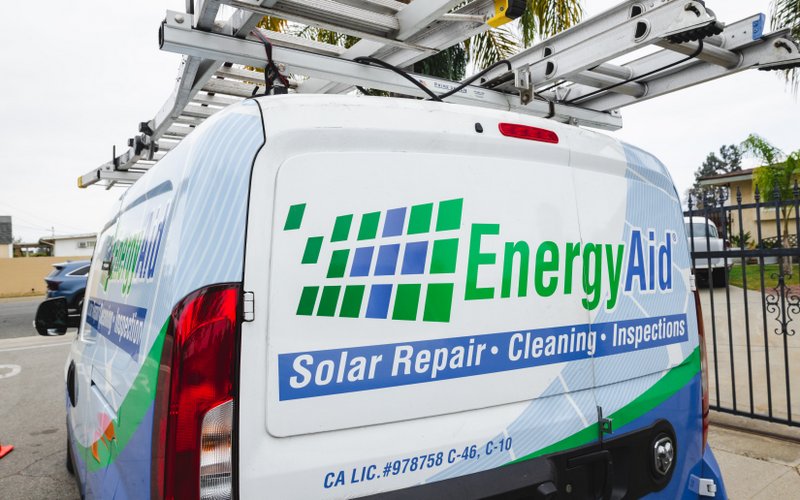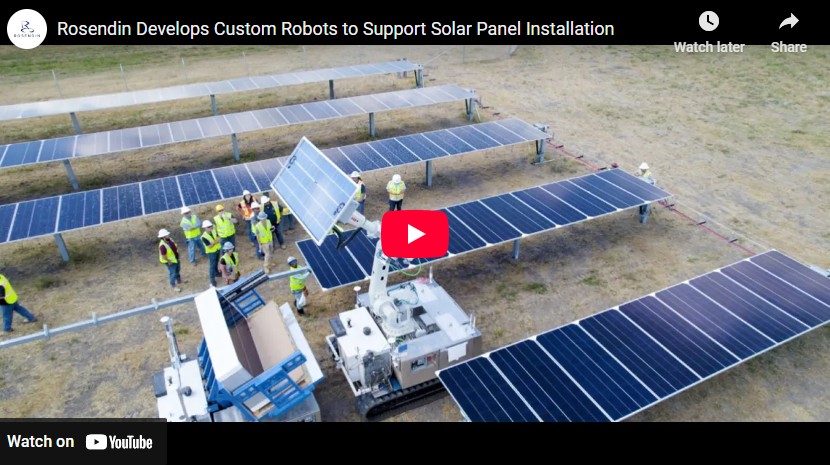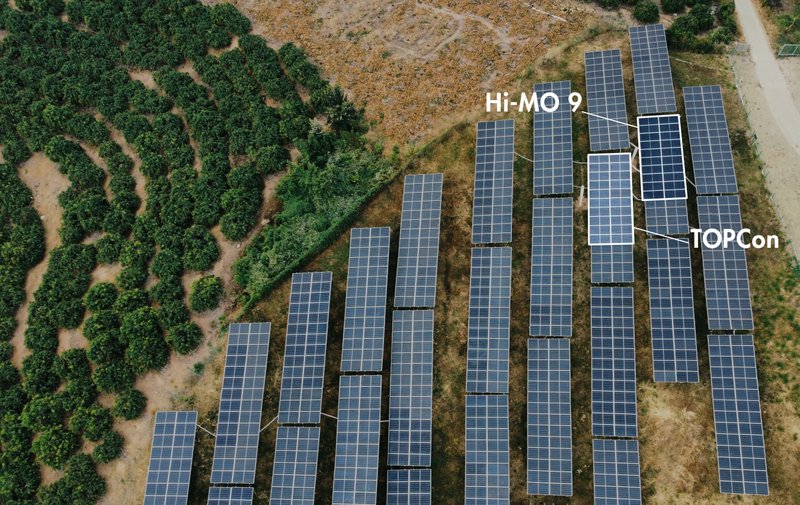Report: Solar permitting in Colorado is still inefficient

Permitting delays often create unnecessary challenges for solar installers and homeowners interested in going solar. This often comes back to outdated and burdensome methods for permitting, which also leads to increased costs. A new report highlights the permitting issues in Colorado, which had some of the longest solar permitting timelines in the western U.S. in 2023.
“Too often, needless bureaucracy gets in the way of Coloradans going solar and gaining energy independence,” said CoPIRG Advocate Kirsten Schatz. “With our abundant sunshine, every rooftop without solar is a wasted opportunity. Putting solar panels on your roof should be as fast, affordable and hassle-free as possible.”
Authored by CoPIRG, a public interest advocacy, and Conservation Colorado, Removing Permitting Barriers to Home Energy Production in Colorado digs into the data and shares several examples. In Arapahoe County, the average permitting timeline for residential rooftop solar is 8-10 weeks, compared to a national average of 9 business days. In some jurisdictions such as El Paso County and the Town of Parker, most permits take over three weeks.
This seems especially egregious because the Colorado Legislature passed a bipartisan bill to establish the Streamlined Solar Permitting and Inspection Grant Program in 2023. SolarApp+ has already been successfully implemented in Denver and several other states. According to NREL data, projects submitted through the app are 37% less likely to fail final inspections than traditional projects.
Instant solar permitting is here
According to a recent analysis by the Climate Solutions Lab at Brown University, permitting red tape in Colorado can add approximately $3,200 to the cost of a typical residential solar system.
Instant permitting software platforms such as SolarAPP+ – developed in Colorado at the National Renewable Energy Lab – or Symbium, cut down on processing times for rooftop solar and home battery installations. If the permit application is complete and meets all local and building code requirements, approval is immediate.
“Instant permitting platforms such as SolarAPP+ are free resources that standardize and streamline the residential solar permitting process, which leads to a better and faster customer experience,” said Sunnova Executive Vice President for Government and Regulatory Affairs Meghan Nutting. “This is a win-win for communities because instant permitting reduces the strain on city and county resources. This saves taxpayer time and money and helps speed along permitting timelines for non-solar permits because reviewers can spend less time on the numerous solar permits they receive.”
Instant permitting benefits local governments, too, because staff no longer need to spend their time reviewing straightforward, code-compliant permits and can instead focus on more complex projects. The leading instant permitting platforms are free for local governments to use and would save their permitting offices approximately 200,000 hours of staff time by 2030.
“Coloradans should have access to affordable solar power without unnecessary barriers. Instant permitting will make it easier for families to switch to solar, keeping Colorado at the forefront of climate progress and benefiting communities across the state,” said Conservation Colorado Climate Campaign Manager Paul Sherman.
Savings potential
According to the Climate Solutions Lab analysis, if Colorado rolls out instant permitting statewide starting in 2026, the additional rooftop solar systems installed by 2030 could save Colorado families $23 million that year, and $220–$255 million annually by 2040. When it comes to air pollution, by 2040 the additional solar systems installed thanks to instant permitting could prevent cumulative greenhouse gas emissions equivalent to taking more than 750,000 gasoline-powered cars off the road for a year.
“By adopting instant permitting for rooftop solar, we can cut costs for Coloradans, cut red tape, save local governments time and money and make it easier to tap the sun’s abundant energy,” said State Representative Lesley Smith. “This common sense technology is a win-win, which is why I’ve introduced House Bill 1096 so we can start offering instant solar permitting in communities across our state.”





Comments are closed here.